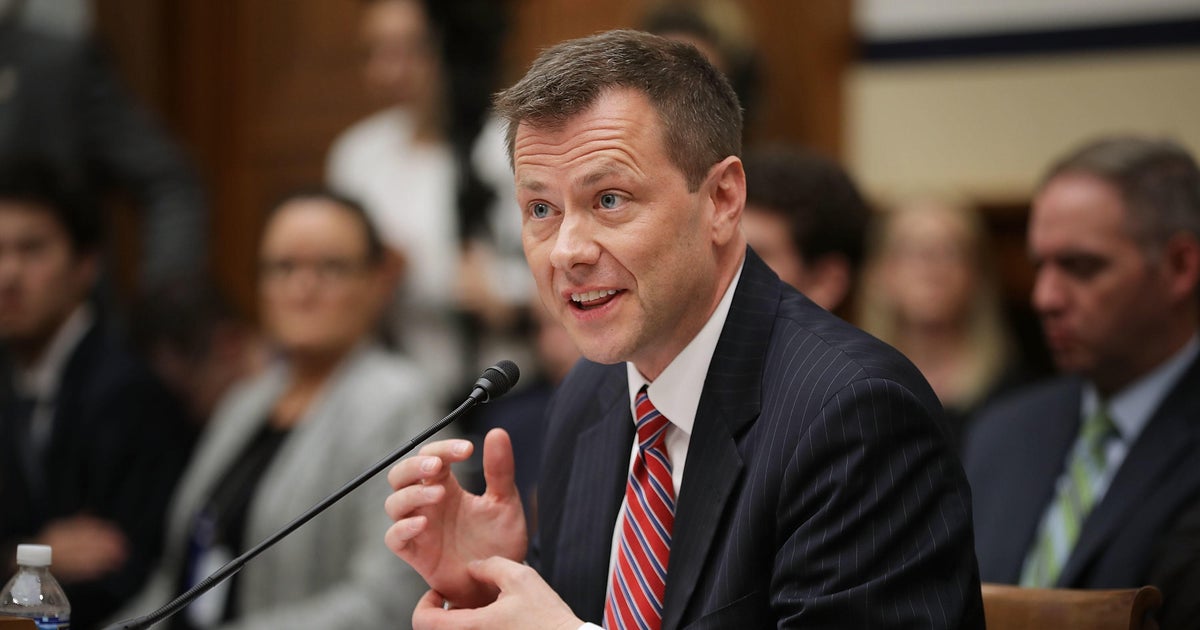Supreme Court rules against Guantanamo detainee seeking info about his torture
Washington — The Supreme Court on Thursday ruled against a Guantanamo Bay detainee, the first prisoner in the CIA's infamous "enhanced interrogation" program, who was seeking secret information shielded by the government about his treatment, including where his interrogations took place.
In an opinion written by Justice Stephen Breyer, the majority found the federal government could assert the "state-secrets privilege" to block two former CIA contractors from testifying about whether the spy agency operated a detention facility in Poland in the early 2000s, as well as the details of detainee Abu Zubaydah's alleged treatment.
The court said the government provided a "reasonable explanation" of why the disclosure of information from former contractors James Mitchell and Bruce Jessen "could significantly harm national security interests, even if that information has already been made public through unofficial sources."
"We believe that their confirmation (or denial) of the information Zubaydah seeks would be tantamount to a disclosure from the CIA itself," Breyer wrote.
Justices Neil Gorsuch and Sonia Sotomayor dissented. While Justice Elena Kagan agreed the government met its burden of showing the disclosure would harm national security, she, Gorsuch and Sotomayor disagreed with the majority that the case should be dismissed. Instead, they said the dispute should be sent back to lower courts.
"Ending this suit may shield the government from some further modest measure of embarrassment. But respectfully, we should not pretend it will safeguard any secret," Gorsuch wrote in his dissent, joined by Sotomayor.
Believed by the Justice Department to be an associate and longtime ally of Osama bin Laden, Zubaydah was captured in Pakistan roughly two decades ago and held in secret overseas CIA facilities, known as black sites, before he was transferred to Guantanamo Bay in 2006. At issue in the dispute was a CIA black site widely reported to be in Poland, where Zubaydah is believed to have been detained in 2002 and 2003.
A public report from the Senate Intelligence Committee in 2014 on the CIA's torture program identified Zubaydah as the first detainee in the program. According to court filings, he was waterboarded at least 83 times after he was captured in Pakistan, spent more than 11 days in a "coffin-size confinement box" and 29 hours in an "extremely small enclosure."
As part of criminal proceedings brought in Poland to hold officials there accountable for their involvement in Zubaydah's detention, he and his lawyer sought testimony from Mitchell and Jessen, who designed and implemented the CIA's enhanced interrogation program, which has been widely denounced as having led to the torture of terror suspects.
The U.S. though, sought to block the contractors from complying with Zubaydah's subpoena for their testimony, asserting the state-secrets privilege.
The U.S. has declassified a substantial amount of information regarding the CIA's interrogation program, including on Zubaydah's treatment while in CIA custody and the interrogation techniques used against him. But the Justice Department warned the identities of foreign intelligence partners and locations of former detention facilities in their country could not be declassified as doing so would harm national security.
A federal district court ruled for the government in blocking Mitchell and Jessen from providing information, but a divided 9th U.S. Circuit Court of Appeals panel rejected the assertion of the state-secrets privilege, finding that the information is not a state secret and has been in the public domain.
The Supreme Court reversed the decision of the 9th Circuit and sent the case back with instructions to dismiss Zubaydah's request for the information.
In his opinion, Breyer wrote that because any response to the subpoenas from Zubaydah "will have the effect of confirmation or denial (by the government or its former contractors) of the existence of a CIA facility in Poland, the primary question for us must be whether the existence (or non-existence) of a CIA detention facility in Poland falls within the scope of the state secrets privilege."
"We conclude that it does," he wrote.
But in his dissent, Gorsuch wrote "there is no state secret here."
The justices heard oral arguments in Zubaydah's case in October, during which several members of the court asked whether the detainee could testify himself at what he experienced at the overseas CIA facility.



